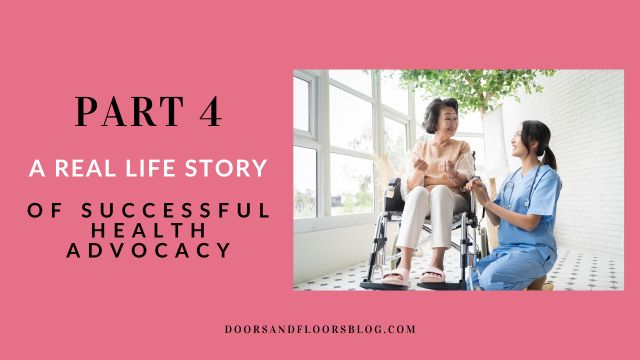
Welcome to Part 4 of the Being Your Own Health Advocate series. Today we’re going to share with you a story that deeply impacted and inspired us. This story was what gave us the push to share our story. We follow the incredible journey of Jill, who’s referred to as a “DIY Scientist,” and is one of the most successful health advocates I’ve ever heard of.
You can read the whole story here, and you absolutely should because we won’t be touching on the whole thing, just a few key points that really inspired us and totally blew my mind! They felt particularly relatable to our own health advocacy experiences.
Before we jump in, check out our other posts and let us know in the comments if you’ve been following along.
- Part 1 – The importance of health advocacy
- Part 2 – Practical strategies for becoming your own successful health advocate
- Part 3 – A Q&A with my sister JoJo where we discussed how making informed decisions is incredibly important
Now let’s get into it!
Disclaimer: The information on this blog is based on personal experiences and should not be considered medical advice. The information on this blog is not intended to diagnose, treat, cure, or prevent any disease. Please ask your doctor if you have any questions.
The Story, In Summary
Jill Viles was not your ordinary girl. She was born healthy, but around age four she randomly started stumbling and falling and her muscles gave out. She saw many doctors, but none of them had a diagnosis. In college, she was interested in becoming a researcher and started studying her own health symptoms.
Her health advocacy journey took off from there! Jill realized that she had something in common with a professional athlete and also recognized other symptoms that could be fatal. Her dad took notice of her research and ultimately she saved is life through her research for her own health.
Question One
How did this story influence your perspective on self-advocacy?
E: I felt like a small reflection of Jill reading this. I have experienced similar interactions with my doctors and late nights doing my own research. I personally understand some of her experiences.
Seeing that she never gave up on herself and was able to find answers tells me that even though there aren’t currently any effective treatments for my condition, it doesn’t mean that new knowledge can’t be found. In her story, there is hope in how I can shape my future. This is a reminder that a diagnosis (or lack of) is never final.

J: I reread Jill’s story as we were writing this post, and wow is she incredible! If she hadn’t researched her condition and just accepted the answer of “we don’t know what’s wrong with you” life would be so different for her. I also really admire the impact her advocacy had on others. Due to her research, she helped both her father and Priscilla avoid serious health conditions.
Question Two
In what ways did the strength and determination showcased in this story instill confidence in your ability to navigate your health journey more independently?
E: You don’t have to be the smartest person in the world (although I do think Jill is very smart) to find answers. You just need to be determined enough to start and willing to fight like hell to get the answers and a successful health resolution.
Something about what my sister said above really struck me that I didn’t notice; because Jill did her own research, she noticed similar symptoms in those around her as well. In Part 3 we talked about how you can’t advocate for others, they need to stand up for their own health. Jill, by advocating so strongly for herself, was able to catch the attention of those around her. They recognized in themselves similar symptoms and were inspired to seek treatment, ultimately saving their own lives.
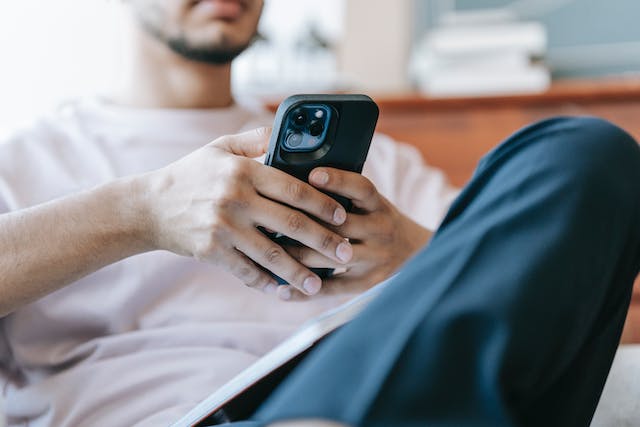
J: Jill’s style of research is similar to what I do in many ways. Start with the internet and see where it leads! Read medical studies, and read about experiences that others who are similar to you have. In Jill’s case, look at photos and see similarities. It just goes to show that you are the one who really knows the most about your own health condition. Seeing how brilliant Jill is, inspires me to continue doing my research and connecting the dots.
Toot, toot
-my own horn
Like Jill, you have the power to recognize patterns or symptoms that doctors don’t see or experience. Research; learn how to speak their language and be a more successful health advocate for yourself.
Question Three:
Have the insights from these stories empowered you to engage more confidently with your healthcare providers, and if so, what changes have emerged?
E: Do you know what’s interesting about Fibromyalgia? There are over 200 possible symptoms for this disease, it is neither understood nor considered a real condition half the time. It is often a catch-all term and it’s hard to say what the real symptoms are. No two of us are the same. It’s hard to say whether something I’m experiencing is Fibromyalgia, another disease, or simply “life.” Going to a doctor and expecting them to blindly treat me and my 200 possible Fibromyalgia symptoms is a big ask. I understand that there are cross-over diagnoses and symptoms, and I don’t expect to be treated as an individual. They only know what the textbooks or the people before me have said.
This thought is a reminder to me when I go to interact with my doctors. I understand me best. I can help them understand my symptoms, and I can do my own research to aid them in finding a successful health treatment.
What’s changed? I’m more confident and willing to share what needs to be heard.
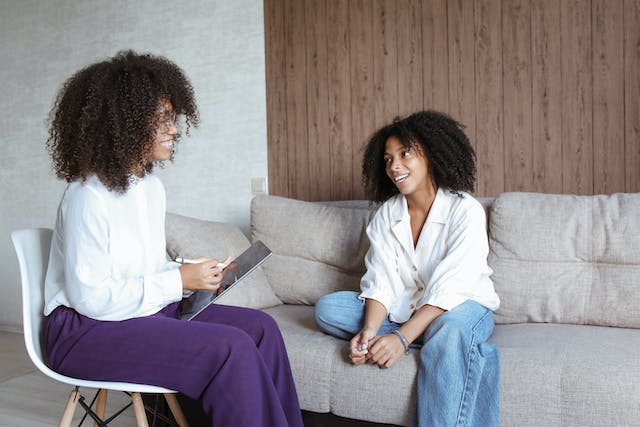
J: Jill was right about her conditions not once, but twice. She was told numerous times by healthcare professionals that she couldn’t possibly be correct, but she was. Trust your gut. This line really stood out for me: “Physicians are recognizing the very important role of the patient in being not only an advocate for themselves, but really a source of relevant information.”
Being an active participant in solving my severe stomach issues created a successful health change and now I feel my best!
Key Takeaways
A few points that really stuck out to us:
- Stay curious and never stop learning. Jill was always curious and always learning.
- Think big – and chase the big dreams! Reaching out to a famous athlete seemed like a crazy idea to Jill, but because she didn’t let fear stop her and…well, you know how the story ends. Your health is worth as much as you’re willing to put into it. So don’t be afraid to pursue the crazy or difficult dreams.
- It’s okay to take breaks. You’ll notice that Jill took a 12-year break from her research. It’s okay to step away, breathe, enjoy life. It’s okay to not always be searching. Remember stopping for a season does not make you a quitter, and you should always live your best life. Create the life you love, regardless of your health status.
Jill’s journey is an inspiring story and highlights the way that self-advocacy can have a powerful impact. If you haven’t read Jill’s story, might I just be pushy and again suggest you go take a look. Let me know in the comments what you think of her story and how it inspires you!
If you liked this post, come check out some of these other ones!
- An Intermediate Guide To Fibromyalgia
- How To Reimagine Diet Restrictions In A Foreign Country
- How To Survive An Overwhelming Day
P.S. If you’re looking for an activity you can do on a bad flare day and from bed or with your long-distance friends, download our free trivia here.
Playing trivia is a great way to still participate in fun activities with your friends and family without ever leaving the comfort of your bed. And it helps you keep your long-distance relationships growing!
Be sure to check out the free Trivia by clicking here!
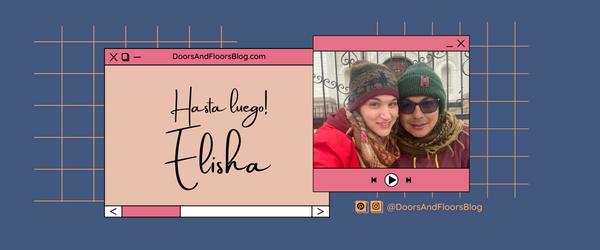

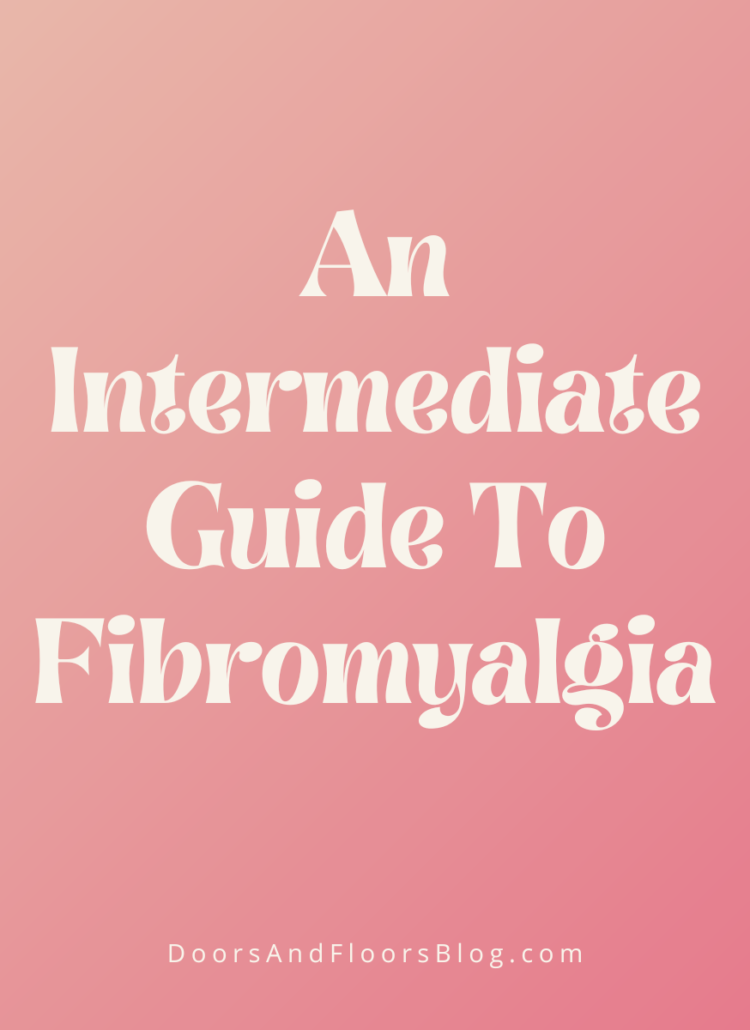
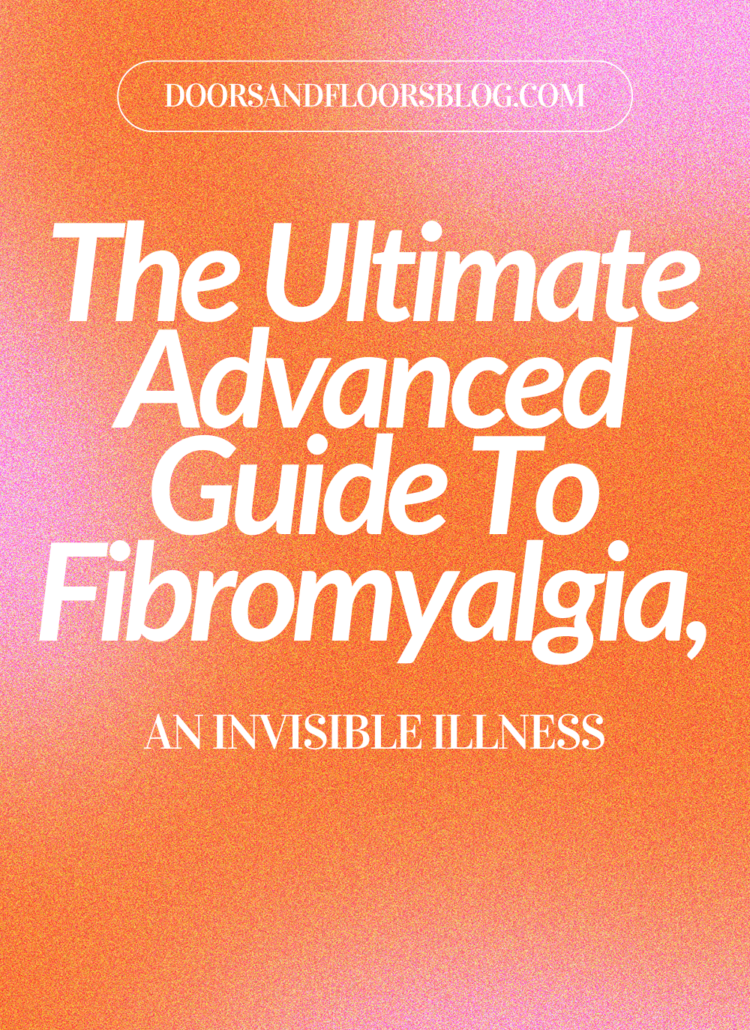
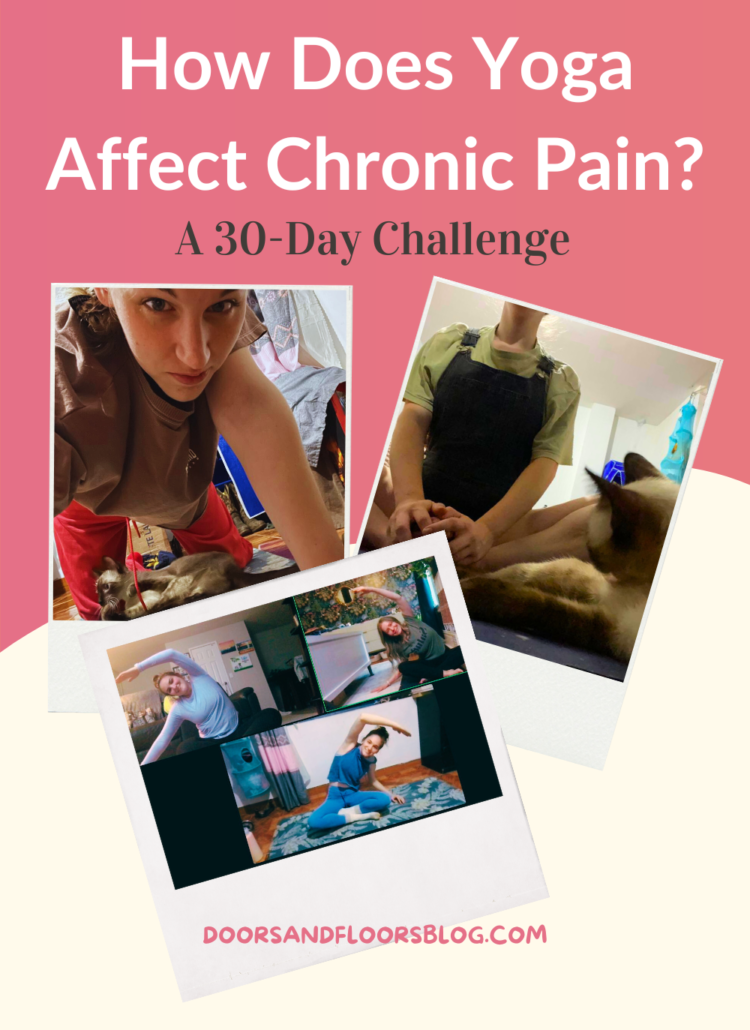

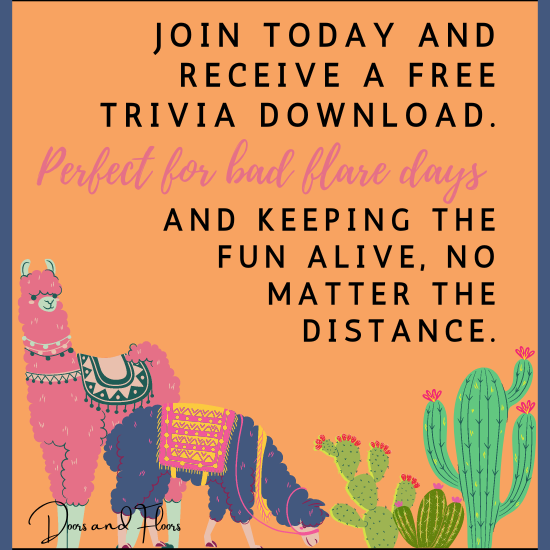

Quite right! This is a great idea. I support you.
Thank you! Appreciate your support! 🙂
What a useful topic
Thank you! 😊